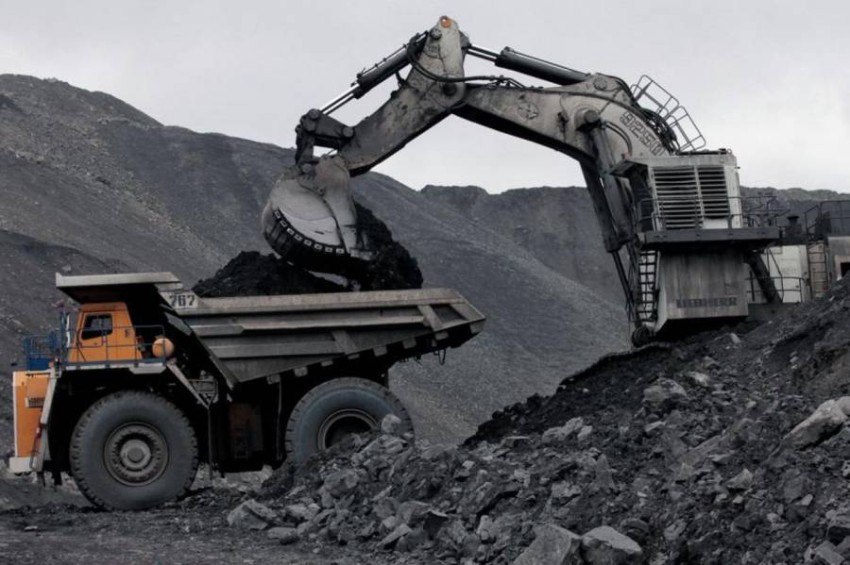Germany was forced to increase its coal use before winter because of the Russian gas problem, but restarting the plants is a difficult process.
No smoke has ever escaped from the Morburg facility outside of Hamburg for more over a year (North).
In exchange for government assistance aimed at reducing the quantity of coal in Germany’s energy mix, this thermal plant, one of the most advanced in the nation, was shut down in the summer of 2021 after only six years of operation.
All eyes were on Morburg when the government decided to restart specific facilities to make up for the drastically reduced Russian gas supplies in response to the possibility of an escalation of the energy crisis this winter.
The station’s Swedish owner, Watinfall, swiftly shattered hopes, declaring last week that there is no question the station will reopen.
labour shortage
Gudrun Baudet, a Wattenfall representative, made reference to the rust that had set in at the facilities after a year of inactivity by saying that it is difficult to restart a plant.
Up until March 2024, the Social-Democratic Chancellor’s administration (Olaf Scholz’s) allowed the reopening of 27 coal facilities.
Only one station has reopened with its full capacity since the decision was made in late June: the Merom station close to Hanover (north), which restarted in early August with a capacity of 690 megawatts per hour.
Like all industrial sectors in Germany, this one experiences a severe labour shortage.
The majority of people who left, according to Robert Wacker, station manager at Morburg, have either retired or found other jobs.
The labour shortfall threatens hundreds of jobs, according to RWE Energy Group, which intends to restart three facilities with a combined capacity of 300 megawatts per hour.
Early in July, the station Jenschwalde (East), which is about 150 kilometres from Berlin, announced that it will be hiring 100 people.
A crucial move for Germany’s energy future was the partial decommissioning of several plants, most notably the Morburg facility, which plans to enter the hydrogen business.
The turbine chamber was packaged with thousands of tiny, disassembled bits in cans, and the rotor was delivered covered in aluminium foil.
Some of the parts of the transformer, which was in front of the building and allowed current to be routed to the grid, were taken away.
difficult logistics
Furthermore, lowering carbon emissions is not an easy process.
It is impossible to transport goods, especially raw materials, across the country’s rivers due to the low water level, which has resulted from the historic drought, and the transportation networks via roads and railroads have become exceedingly congested.
As a result, the Uniper energy company’s Hayden 4 coal plant in the country’s west will restart on Monday, albeit not at full capacity.
The largest of the 27 stations authorised to resume operations, according to the German company, would have limited operation due to insufficient coal transit by rail to the location.
Styag plans to restart two plants, with a start date of November being a possibility, but it acknowledged that it will be challenging to adhere to the regulation that calls for maintaining a stock of bituminous coal sufficient for 30 days of operation at full capacity because of the complicated logistical situation in the energy sector. transportation by rail.
Berlin recently established a law—the first of its kind in the nation—giving preference to coal-carrying railcars over passenger travel in order to address these issues.
The government alliance, in which the Green Party holds cabinet positions in important areas like economics, is defeated by the choice to use coal. After declining consistently for several years, coal’s share of German electricity generation was 27.4% in 2021.
Olaf Scholz, the chancellor, maintains that he has not changed his goal of reducing Germany’s reliance on this dirty energy source by 2030, ruling out any expansion of the fossil fuel sector.
Germany’s coal plants are having trouble restarting due to obstacles and challenges.

